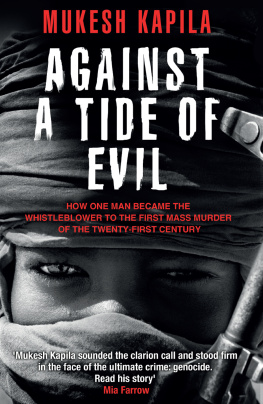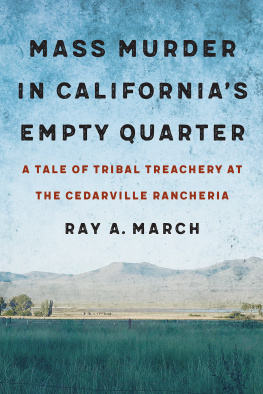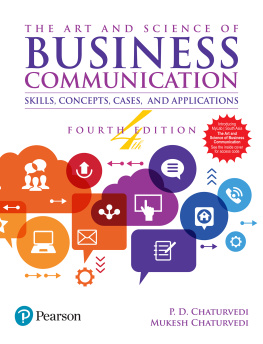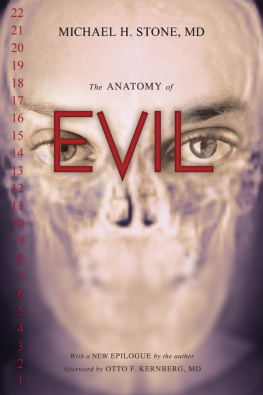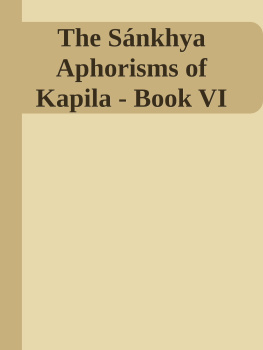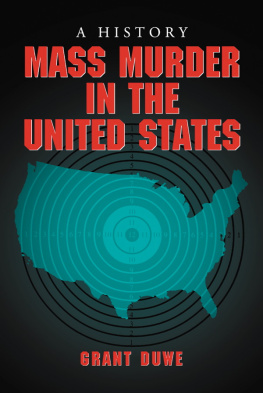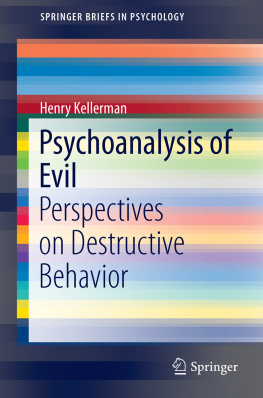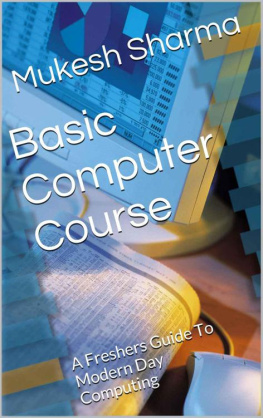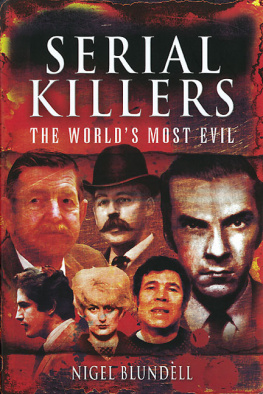Table of Contents
In this personal and moving plea, Kapila forces us to look directly into the face of genocide: the ashen mounds of twisted bodies, the hollowed eyes of mutilated women, and the insufferable silence of a system that treats some people as more human than others. He spoke truth to power and challenges us do the same to end such monstrous crimes.
Lieutenant General Hon. Romo A. Dallaire
During one of the darkest periods in human history, Mukesh Kapila sounded the clarion call and stood firm in the face of the ultimate crime genocide. Read his extraordinary story.
Mia Farrow, actress and humanitarian
This moving account of determination to fight injustice reads like a thriller. It reveals the chilling details of how the international community tried to silence Mukesh Kapila when he exposed the massacres in Darfur and the price he paid for his courageous stand.
David Loyn, BBC international development correspondent
Exposes how political expediency almost allowed the mass murderers to triumph in Sudan were it not for the unyielding spirit of Mukesh Kapila. Its precisely because never again all too frequently happens all over again that his book is essential reading.
Lord Alton of Liverpool
Keeps the Sudanese genocide alive in the hearts of the victims.
Halima Bashir, author of Tears of the Desert
A poignant and moving account of how one man stood against the tide of evil.
Mende Nazer, author of Slave
An eloquent testament to one mans efforts to blow the whistle and prevent evil from triumphing a struggle that still continues across Sudan.
John Prendergast, co-founder, The Enough Project
AGAINST A TIDE OF EVIL
How One Man Became the Whistleblower to the First Mass Murder of the Twenty-first Century
Mukesh Kapila

For the Red Cross and Red Crescent.
They gave me the original gift of life.
And they opened up to let me in when all others had cast me out.
Mukesh Kapila
And for Roger Hammond
A brother and a true friend.
Gone but not forgotten by all those who loved him
you know who you are.
Semper fidelis.
Damien Lewis
AUTHORS NOTE
FOR MANY YEARS, I RESISTED TELLING THIS STORY BECAUSE I could not face the pain of recalling the memories and feelings that would be inevitably stirred up within myself. Only the constant nagging of friends that I had a duty to help others who faced the same dilemmas and despair compelled me to share what I have to say.
This book would never have been written without the inspiration and support of Holocaust survivors E.Z. and R.H., who, despite everything, refused to give up on humanity. My thanks particularly to Bayarmaa Luntan who badgered and badgered me until it was done.
In the process of writing this book, I have had to confront who I am. Inevitably this comes from both nature and nurture. Many family members, friends and colleagues have influenced my values and mindset. My maternal grandmother Vidya Wati brought me up never to forget where I come from. My early teacher Reverend Brother J.C. Drew at St Johns School in India inspired me about where I must go. My subsequent mentors in England, Peter Waghorn at Wellington College and Sir Alec Cairncross in Oxford, made me believe that I could do it. In later life, Dr David Nabarro trained my mind to make sense, and Peter Penfold, former British high commissioner to Sierra Leone, showed me that courage has a price. Finally, my boss, the Right Honourable Clare Short, Britains first secretary of state for international development, taught me that leadership is more about doing the right things than just doing things right.
Throughout my life, I have been fortunate in having many good friends and colleagues who have also delighted in being my harshest critics. They have not been reticent in pointing out my many limitations while somehow staying solid and supportive around me. In thanking them all, I would like to give particular acknowledgement to Nadia El Maaroufi and Isabelle Balot, my special assistants at the United Nations in Sudan, for their steadfast loyalty in most difficult times.
This book is written from my own personal recollections, from documents compiled at the time, and with the help of those colleagues who shared my experiences and were able to assist. Where necessary, I have changed the names of some people, to protect them from reprisals or to enable them to continue to operate in the humanitarian and peace-building fields.
Finally, any errors are purely of my own making, and I will be happy to address them in future editions.
Mukesh Kapila,
Geneva, 2013
LIST OF ABBREVIATIONS
| BBC | British Broadcasting Corporation |
| CNN | Cable News Network |
| DFID | Department for International Development (UK) |
| DPA | Department of Political Affairs (UN) |
| ECOMOG | Economic Commission of West African States Monitoring Group (African peacekeepers in Sierra Leone) |
| EPLF | Eritrean Peoples Liberation Front |
| FCO | Foreign and Commonwealth Office (UK) |
| FGM | Female Genital Mutilation |
| GDSI | Greater Darfur Special Initiative |
| HAC | Humanitarian Aid Commission (Sudan) |
| ICC | International Criminal Court |
| ICRC | International Committee of the Red Cross |
| IDP | Internally Displaced People |
| IFRC | International Federation of Red Cross and Red Crescent Societies |
| IHP | International Humanitarian Partnership |
| MOD | Ministry of Defence (UK) |
| MSF | Mdecins Sans Frontires |
| NISS | National Intelligence and Security Services (Sudan) |
| OCHA | Office for the Coordination of Humanitarian Affairs (UN) |
| ODA | Overseas Development Administration (UK) |
| OLS | Operation Lifeline Sudan (UN) |
| OPOS | Office for Placing Overseas Schoolboys and Schoolgirls in British Schools |
| PDF | Popular Defence Forces (Sudan) |
| RPF | Rwandan Patriotic Front |
| RUF | Revolutionary United Front (Sierra Leone) |
| SABC | South African Broadcasting Corporation |
| SLA | Sudan Liberation Army |
| SLM | Sudan Liberation Movement |
| SPLA | Sudan Peoples Liberation Army |
| SPLM | Sudan Peoples Liberation Movement |
| SRF | Sudan Revolutionary Front |
| UN | United Nations |
| UNDP | United Nations Development Programme |
| UNFPA | United Nations Population Fund |
| UNHCR | United Nations High Commissioner for Refugees |
| UNICEF | United Nations Childrens Fund |
| UNIDO | United Nations Industrial Development Organisation |
| UNSC | United Nations Security Council |
| WFP | World Food Programme |
| WHO | World Health Organisation |
PROLOGUE
MY FATHERS OLD SWISS FAVRE-LEUBA WATCH LIES ON MY DESK as I write. Before me, the window opens onto the Swiss Alps, majestic and snow capped on the higher peaks. It is winter, and I have just survived what by anyones reckoning was an attempt on my life.
Next page
